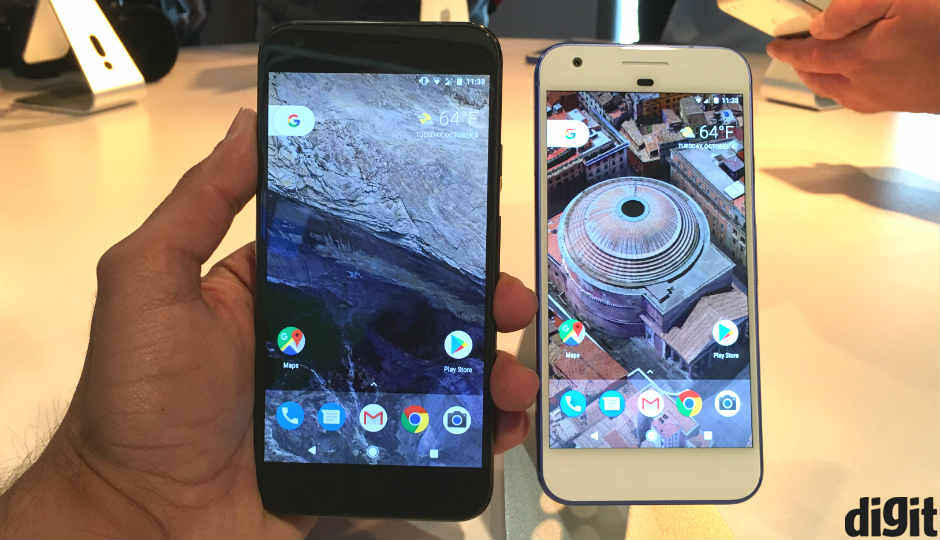Google couldn’t make the Pixel phones waterproof because it ran out of time

With 2016 rolling in, Google had only about nine months to complete the making of the two Pixel phones
Google's latest Pixel phones have been widely hailed as possibly the best Android has ever seen. And yet, the one thing that the two phones very noticeably lack is waterproofing. While not the most pivotal aspect of a phone, waterproofing is still an important addition to protect your phones from accidental splashes, particularly so when you're buying devices priced upward of Rs. 50,000.
A recent revelation, found in WIRED's David Pierce's discussion on the Gadget Lab podcast with the guys from the Pixel team, states that the two Pixels phones aren't waterproof simply because Google ran out of time with them. While the phones were planned since much earlier, the delay in full swing production rose out a late decision on finding a manufacturing partner and branding rights. As a result, with 2016 rolling in, Google had only about nine months to complete the making of the two phones – a timespan too short for even Google to throw everything at a pair of flagship smartphones. Now we know why a common feature as waterproofing went missing from possibly the best Android phones ever made.
Many of us wondered why the Pixel phones were not waterproof. The two Pixels are IP53-certified, meaning they can withstand splashes from an angle of 60 degrees from the top. While this does mean that you may use your phone to receive an urgent call out in the rain and not risk damaging it, most other recent flagships come with IP67 or IP68 certification, which make them capable of withstanding immersions in up to 3ft. of water for 30 minutes or less.
Google had to eventually settle with basic water resistance on the Pixel phones, a mechanism that presumably takes lesser time and effort than waterproofing. Despite missing out on this feature, the Pixel and Pixel XL have received very positive reviews since launch, and having pitted against Apple's iPhone 7 and iPhone 7 Plus, seem to be holding its own fairly well. The untimely demise of Samsung's Galaxy Note 7 has also been a factor in giving Google a relatively clean run as far as Android flagships are concerned.
As for now, we can only hope that Google manages to carve out a more generous timeline for its 2017 flagships. If a smartphone undergoing rushed production can fare so well, we would love to see how a meticulously planned device fares in our smartphone-crazy electronics arena.




